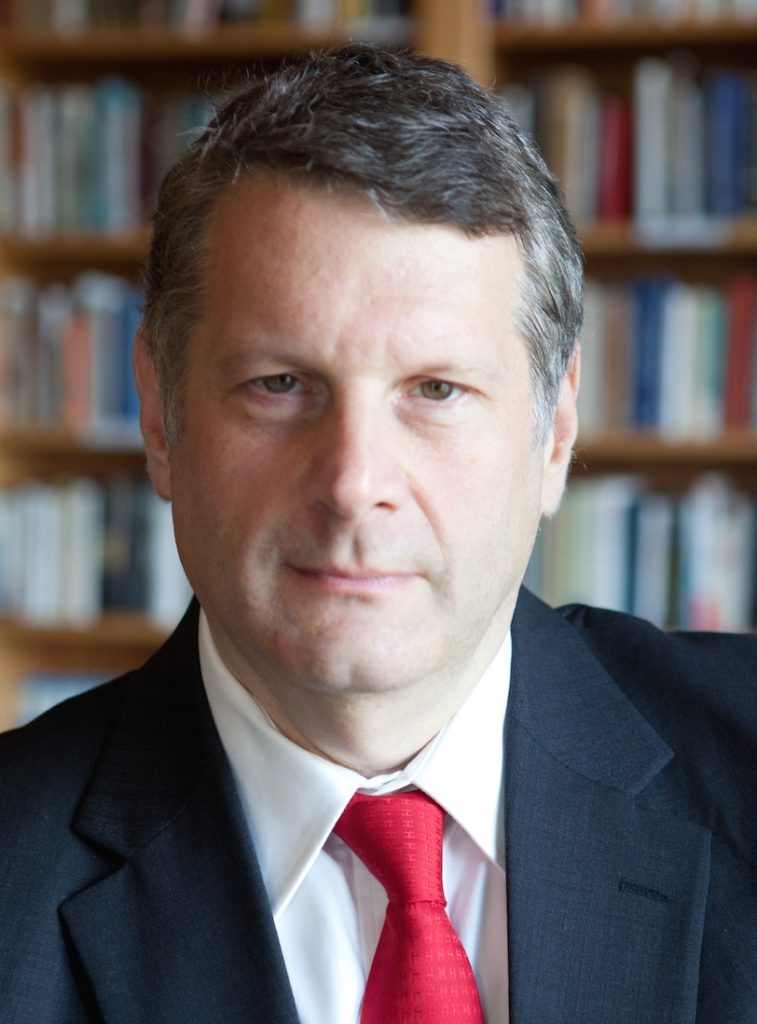
Albert Gallatin Research Excellence Professor of the History of Science, Gallatin School of Individualized Study and Professor of History, New York University
Bosch Fellow in Public Policy - Class of Fall 2014
Prior to his current positions at New York University, Myles W. Jackson served as the inaugural Dibner Family Professor of the History and Philosophy of Science and Technology at the Polytechnic Institute of New York University, from 2007-2012. Jackson earned his MPhil and PhD in the history and philosophy of science at the University of Cambridge (1991) and his BA in German literature and molecular and cell biology at Cornell University (1986). He has taught at Harvard University, the University of Pennsylvania, and University of Chicago, and was a senior fellow of the Dibner Institute for the History of Science and Technology at the Massachusetts Institute of Technology, and at the Max-Planck-Institute for the History of Science in Berlin. His publications cover molecular biology and intellectual property in Europe and the United States, genetic privacy issues, and the history of eighteenth- and nineteenth-century German physics.
Jackson’s first book, Spectrum of Belief: Joseph von Fraunhofer and the Craft of Precision Optics (MIT, 2000), received the Paul Bunge Prize from the German Chemical Society for the Best Work on Instrument Makers and the Hans Sauer Prize for the Best Work on the History of Invention. He is also the author of Harmonious Triads: Physicists, Musicians, and Instrument Markers in Nineteenth-Century Germany (MIT, 2006), and co-editor of Music, Sound, and the Laboratory for the History of Science Society’s Yearbook, Osiris (Chicago, 2013), and is the editor of Gene Patenting (MIT, 2014). Jackson received the Francis Bacon Prize for Contributions to the History of Science and Technology from the California Institute of Technology, where he served in 2012 as the Francis Bacon Visiting Professor of History, and the Reimar Lüst/Humboldt Prize from the Alexander-von-Humboldt Foundation for 2015. He is a member of the Erfurt Academy of Sciences, German National Academy of Sciences-Leopoldina, and is a corresponding member of the Académie Internationale d’Histoire des Science in Belgium.
